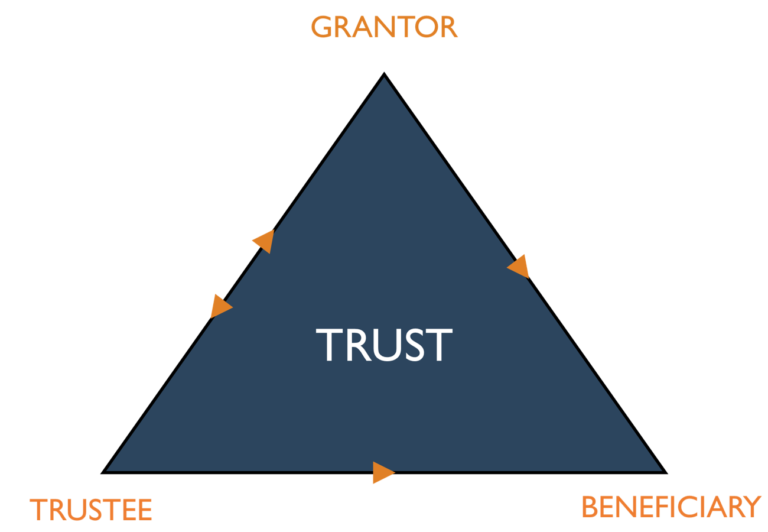
What are Trustee Fees?
When creating an estate plan, it may be necessary to name a trustee to handle your assets.

When creating an estate plan, it may be necessary to name a trustee to handle your assets.
A revocable trust is great for many reasons, but it does NOT protect assets from nursing home expenses.

We may think of a spoiled heiress to a large fortune, whose parents were savvy enough to prevent her from having full access to her funds. On the other hand, we could imagine a loved one with special needs, whose needs will be provided for with trust-protected money.

Trusts are legal entities that own assets, and all trusts are not alike. They are created by a written trust document with certain provisions that can vary from trust to trust.
Beneficiaries of a trust typically pay taxes on the distributions they receive from the trust’s income, rather than the trust itself paying the tax. However, these beneficiaries are not subject to taxes on distributions from the trust’s principal.
Even if your asset base doesn’t measure up to the Bill Gates standard, you may consider using trusts in estate planning. This is because they can help your heirs in many different ways.
The most common question I get asked in our Mutual Interview is, “What’s the difference between a will and a trust?” The answer is based on the way each gets treated while you’re living and after you die. Whether you choose one or the other depends on your goals for your plan. [Read More]
Across the board, legal documents can be confusing. Just think about the paperwork needed to take out a mortgage – the legalese is overwhelming. And
You can’t have your cake and eat it, too.
The beneficiary is what it sounds like: the person who receives the benefit from a trust. [Read More]
The grantor is the person who creates a trust. No matter what type of trust you have, the grantor is always in charge because they set the trust’s terms. [Read More]
The trustee manages trust assets, but the grantor is the person who’s really in charge.